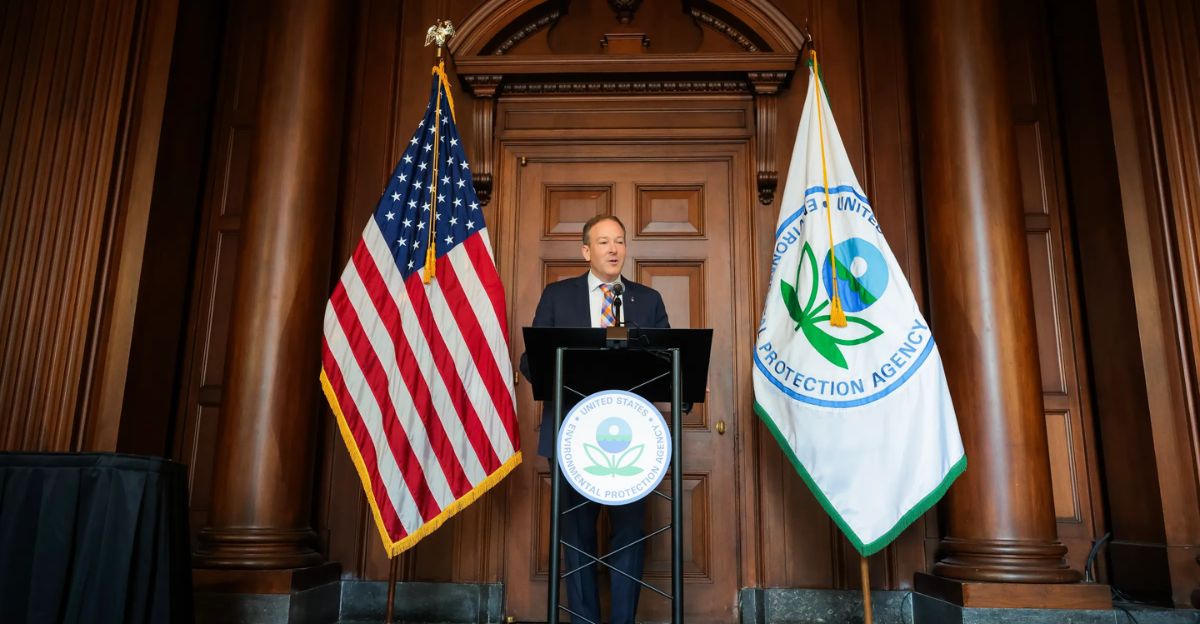
Climate change has evolved from a scientific concern to a deeply polarizing political issue, particularly in the United States. While scientific consensus affirms that human activities significantly contribute to global warming, public opinion remains divided along political lines. A 2024 Yale Program on Climate Change Communication and George Mason University survey found that 70% of Democrats believe human activity contributes significantly to climate change, compared to only 22% of Republicans.
This divide is not merely academic; it influences policy decisions, legislative actions, and international commitments. The polarization is further exacerbated by media coverage and political rhetoric, which often frame climate change in partisan terms. Understanding this divide is crucial for developing effective communication strategies and policies to bridge the gap and foster collective action against climate change.
Historical Context of Climate Policy Bipartisanship

In the mid-20th century, environmental issues often garnered bipartisan support in the United States. Republican President Richard Nixon established the Environmental Protection Agency (EPA) in 1970, and subsequent administrations from both parties enacted significant environmental legislation. However, since the 1990s, climate change has become increasingly politicized.
This shift is attributed to various factors, including economic interests, media influence, and ideological divisions. The growing association of environmental policies with progressive agendas has led to skepticism and resistance among conservative circles, further entrenching the political divide on climate issues.
Media Influence and Public Perception

Media coverage plays a significant role in shaping public perception of climate change. Partisan media outlets often present climate information through ideological lenses, reinforcing existing audience beliefs.
A study by the Pew Research Center found that conservative Republicans are more likely to distrust climate scientists and believe that the media exaggerates climate threats, while liberal Democrats tend to trust scientific consensus and support media coverage on climate issues. This media-driven polarization contributes to the difficulty in achieving a unified public understanding and response to climate change.
Generational Differences in Climate Concern
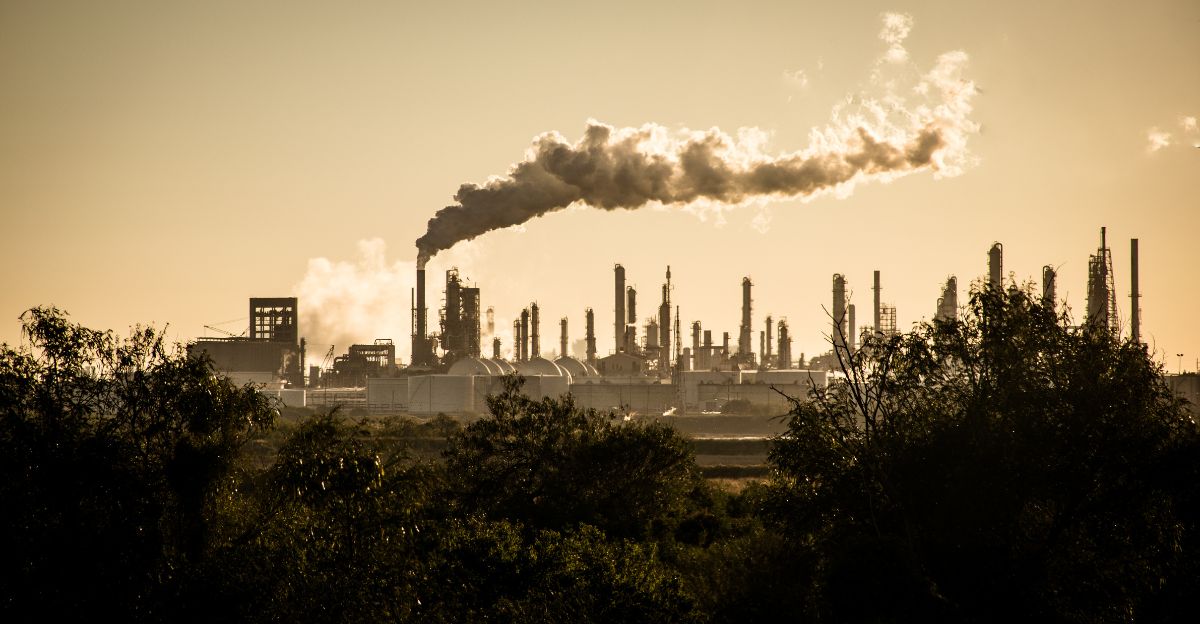
Age demographics also influence perspectives on climate change. Younger generations, particularly Millennials and Generation Z, show higher concern and support for climate action than older cohorts. A 2024 Pew Research Center survey indicated that 67% of adults under 30 believe climate change should be a top priority, whereas only 45% of those aged 65 and older share this view.
These generational differences suggest that public opinion on climate issues may shift over time, potentially leading to increased support for environmental policies in the future.
Economic Factors and Climate Policy Support

Economic considerations significantly impact public support for climate policies. Individuals concerned about job security, energy costs, and economic growth may view environmental regulations as potential threats. Conversely, those who see financial opportunities in renewable energy and green technologies are more likely to support climate initiatives.
A 2024 report by the Energy Policy Institute at the University of Chicago found that 54% of Americans believe transitioning to clean energy will positively impact the economy. Balancing economic interests with environmental goals remains a central challenge in climate policy development.
The Role of Political Leadership
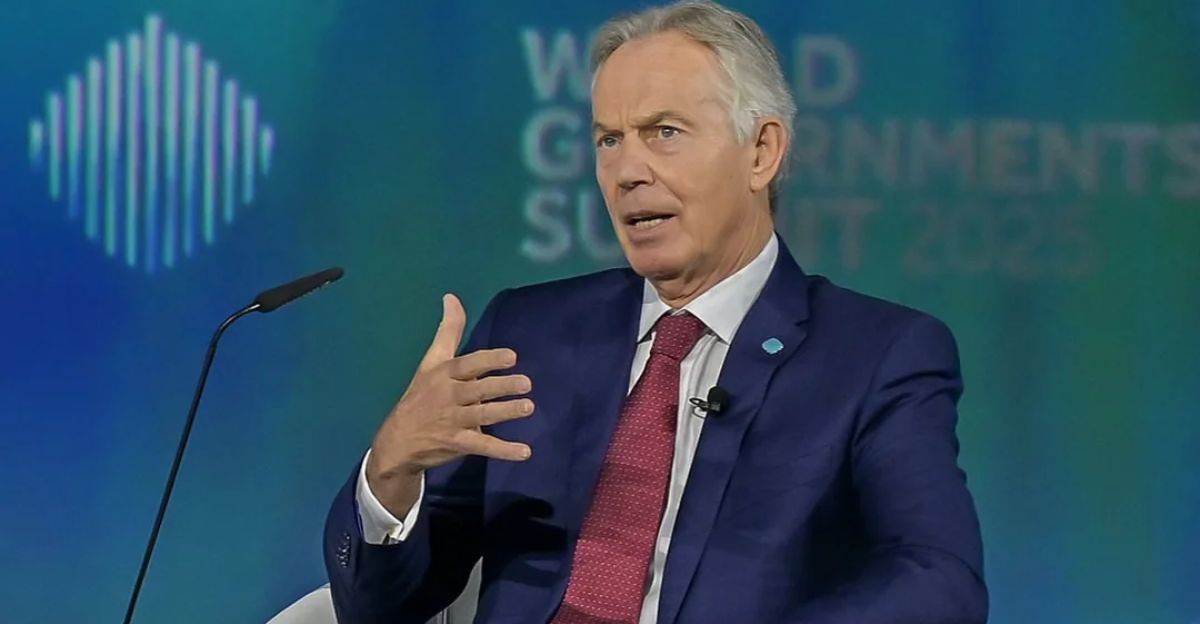
Political leaders influence public attitudes toward climate change through policy decisions and rhetoric. For instance, former UK Prime Minister Tony Blair’s recent comments advocating for a reevaluation of net-zero strategies sparked debate among policymakers and environmentalists.
Leadership positions on climate issues can bridge divides or deepen polarization, depending on their approach to policy and communication. Effective leadership requires balancing scientific evidence, economic considerations, and public sentiment to foster bipartisan support for climate action.
International Perspectives on Climate Polarization
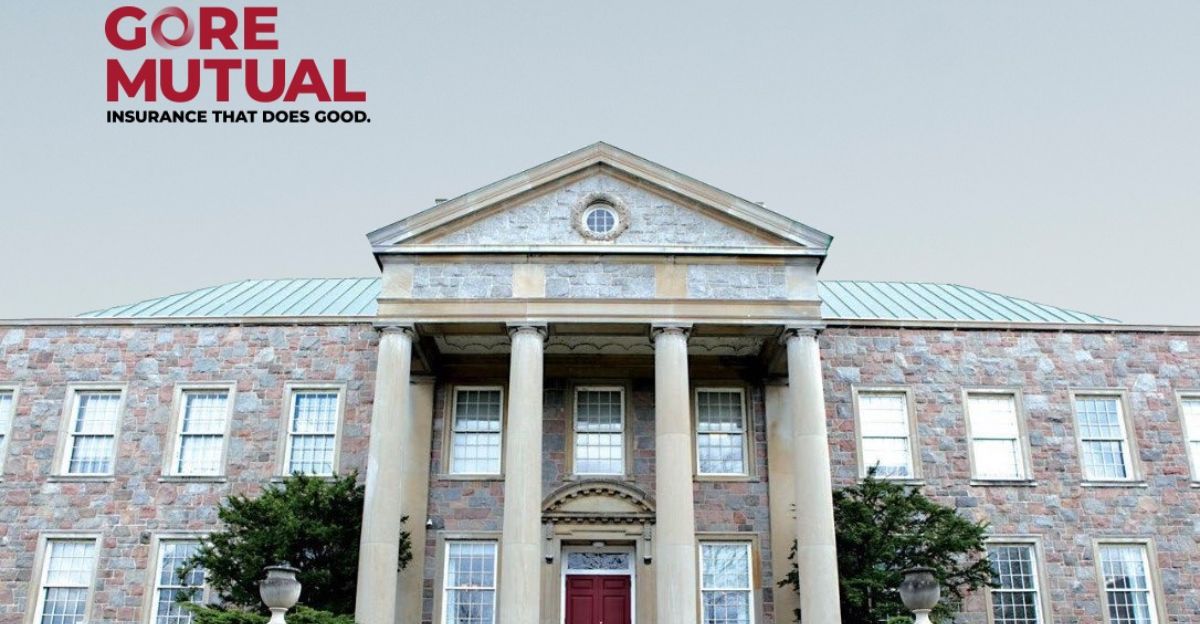
While the United States exhibits significant political polarization on climate change, other countries display varying degrees of consensus. In Canada, for example, a 2025 Gore Mutual Insurance Company survey found broad agreement across political affiliations on the importance of addressing climate change.
These differences highlight the influence of national political cultures, media landscapes, and public trust in science on climate policy debates. Understanding international approaches can provide valuable insights for bridging divides in more polarized societies.
Strategies for Bridging the Divide

Addressing the political divide on climate change requires targeted communication strategies that resonate across ideological lines. Emphasizing shared values, such as economic prosperity, public health, and national security, can help frame climate action in a non-partisan context.
Engaging trusted community leaders and leveraging bipartisan support for specific initiatives, like renewable energy development, may also foster greater consensus. Research suggests that focusing on local impacts and solutions can make climate issues more relatable and less politically charged.
The Impact of Social Media on Climate Discourse

Social media platforms have become significant arenas for climate change discourse, often amplifying polarization. A study analyzing Twitter data from 2014 to 2021 found increased ideological polarization during major climate events, with a notable rise in contrarian views and accusations of political hypocrisy.
These dynamics can hinder constructive dialogue and spread misinformation. Developing strategies to promote accurate information and facilitate respectful discussions on social media is essential for bridging the climate divide.
Looking Ahead: Opportunities for Consensus
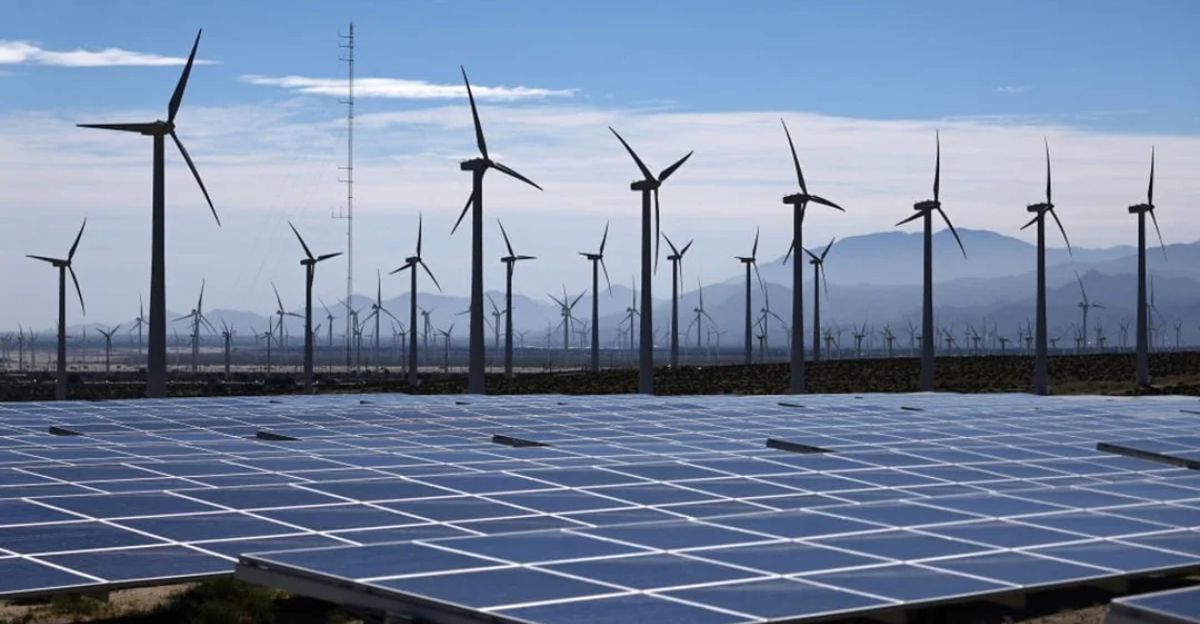
Despite existing divisions, opportunities exist to build consensus on climate action. Focusing on areas of agreement, such as the economic benefits of clean energy, can unite diverse stakeholders. Educational initiatives that enhance public understanding of climate science and its implications may also reduce skepticism.
Ultimately, fostering open, inclusive, and evidence-based conversations is key to overcoming polarization and advancing effective climate policies that reflect society’s collective interests.
Explore more of our trending stories and hit Follow to keep them coming to your feed!

Don’t miss out on more stories like this! Hit the Follow button at the top of this article to stay updated with the latest news. Share your thoughts in the comments—we’d love to hear from you!







